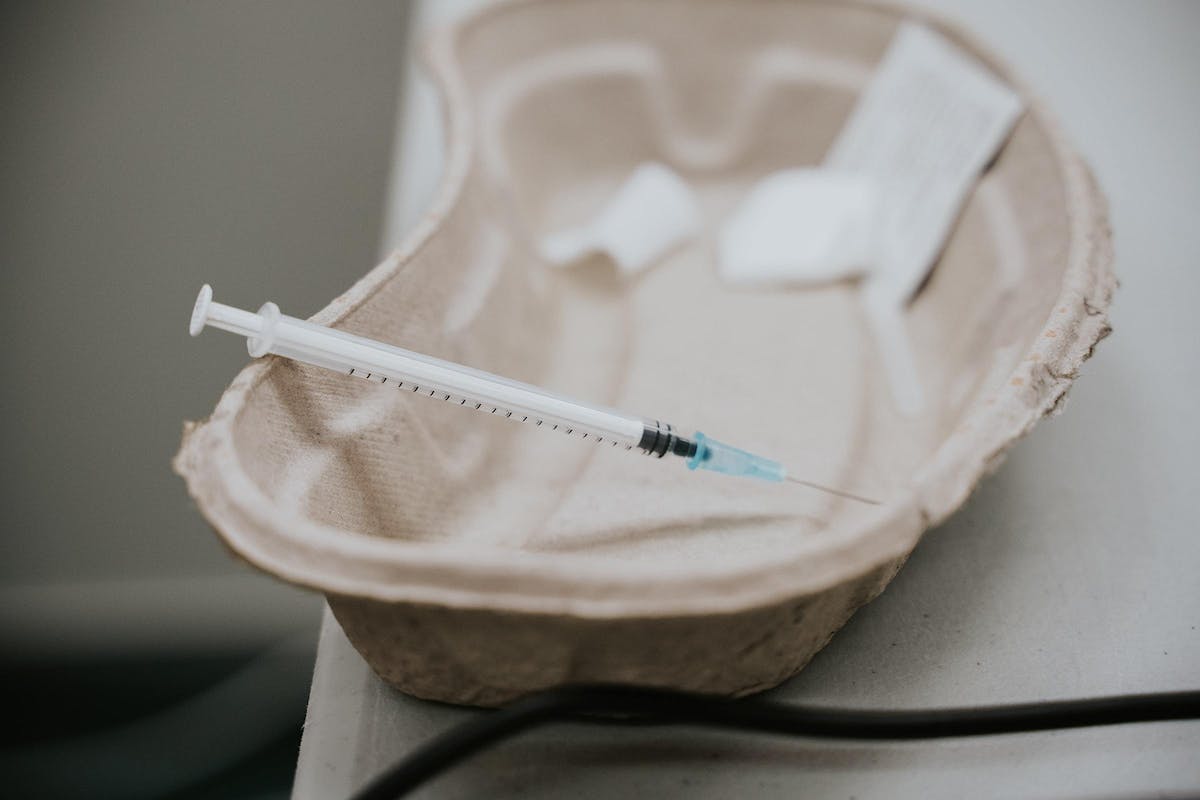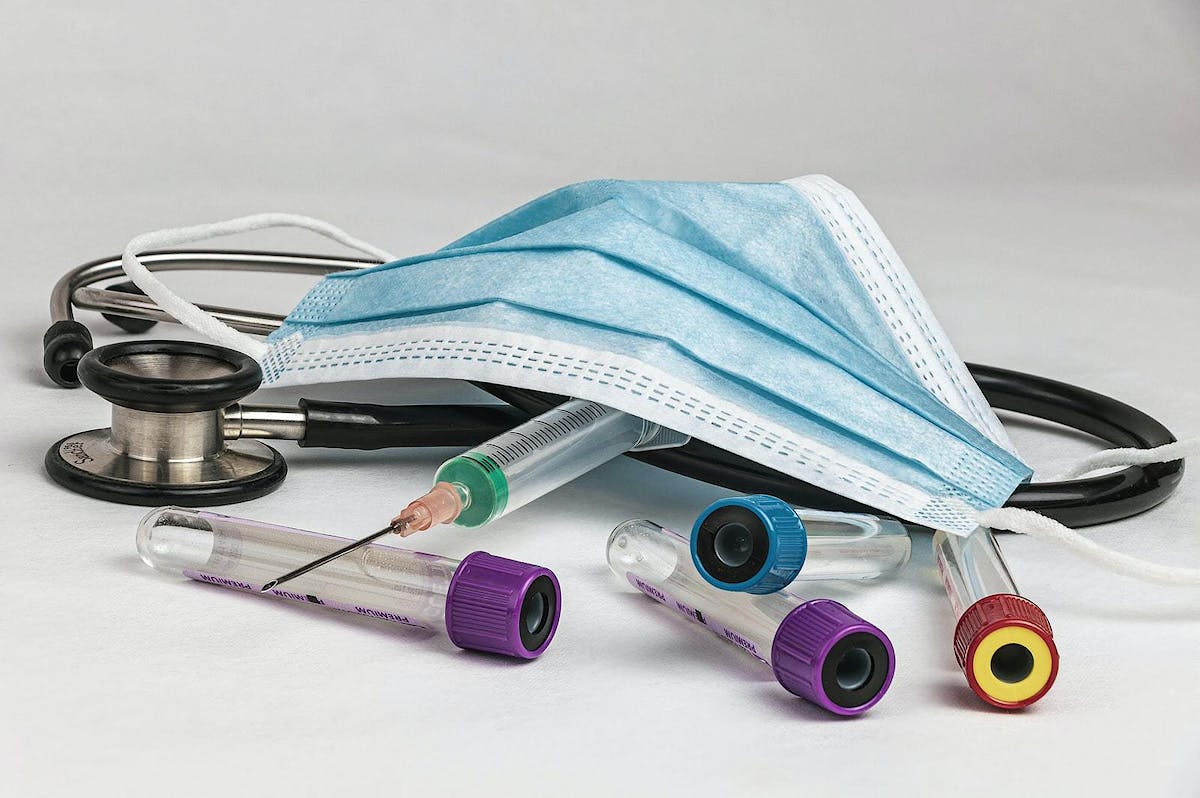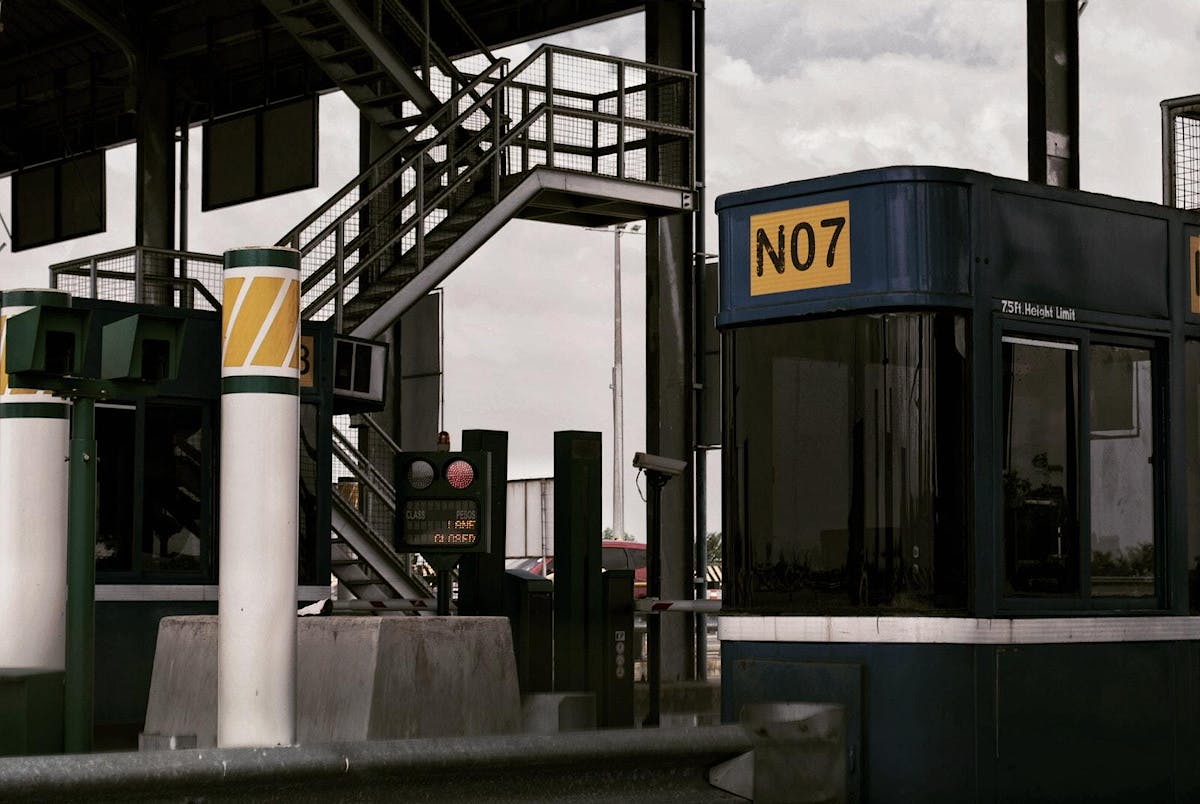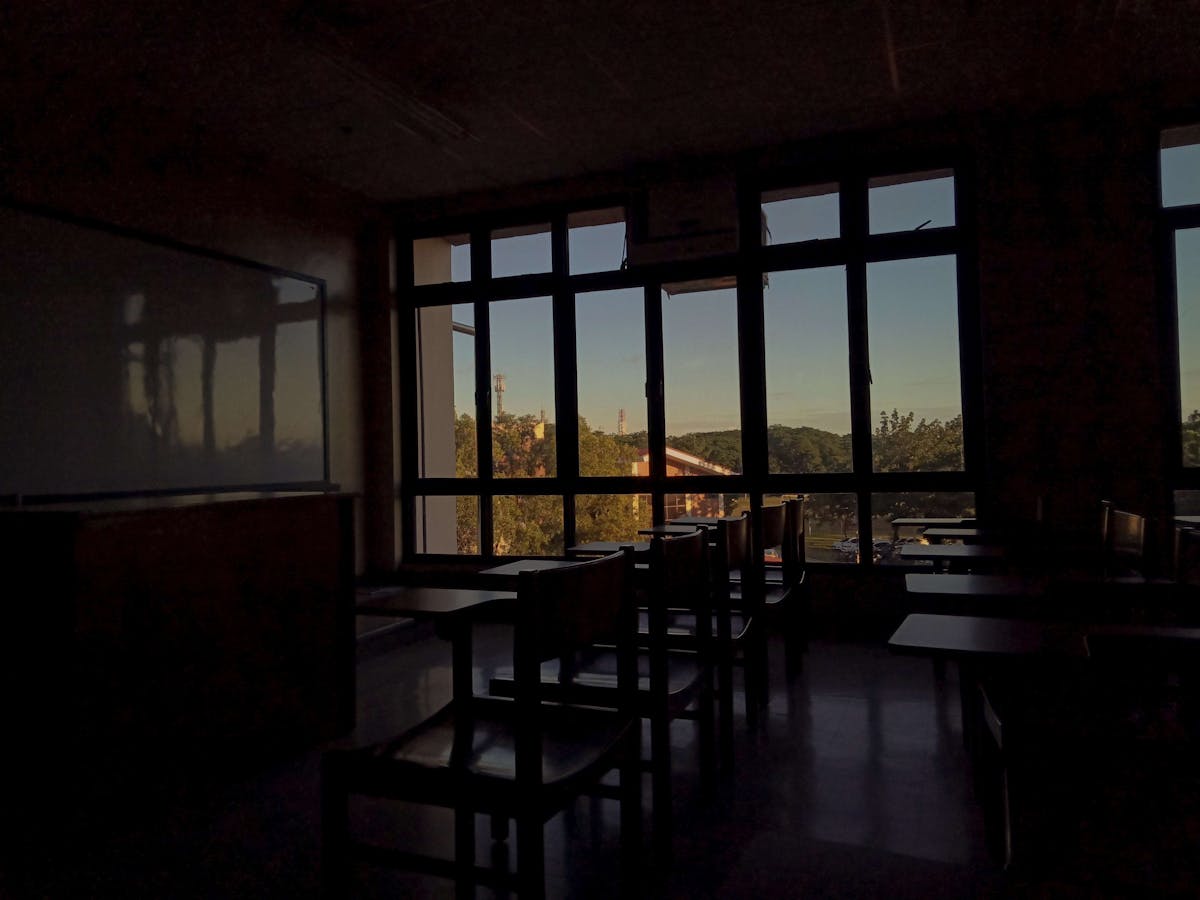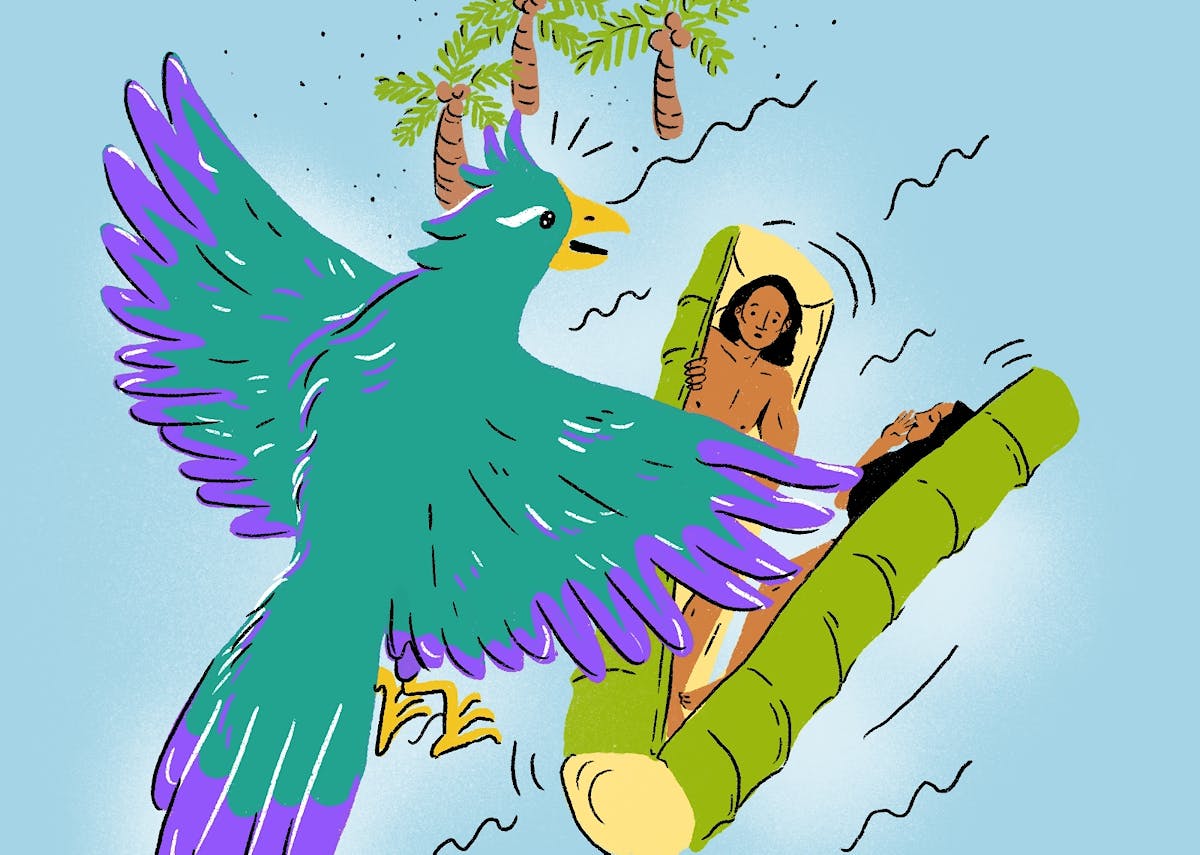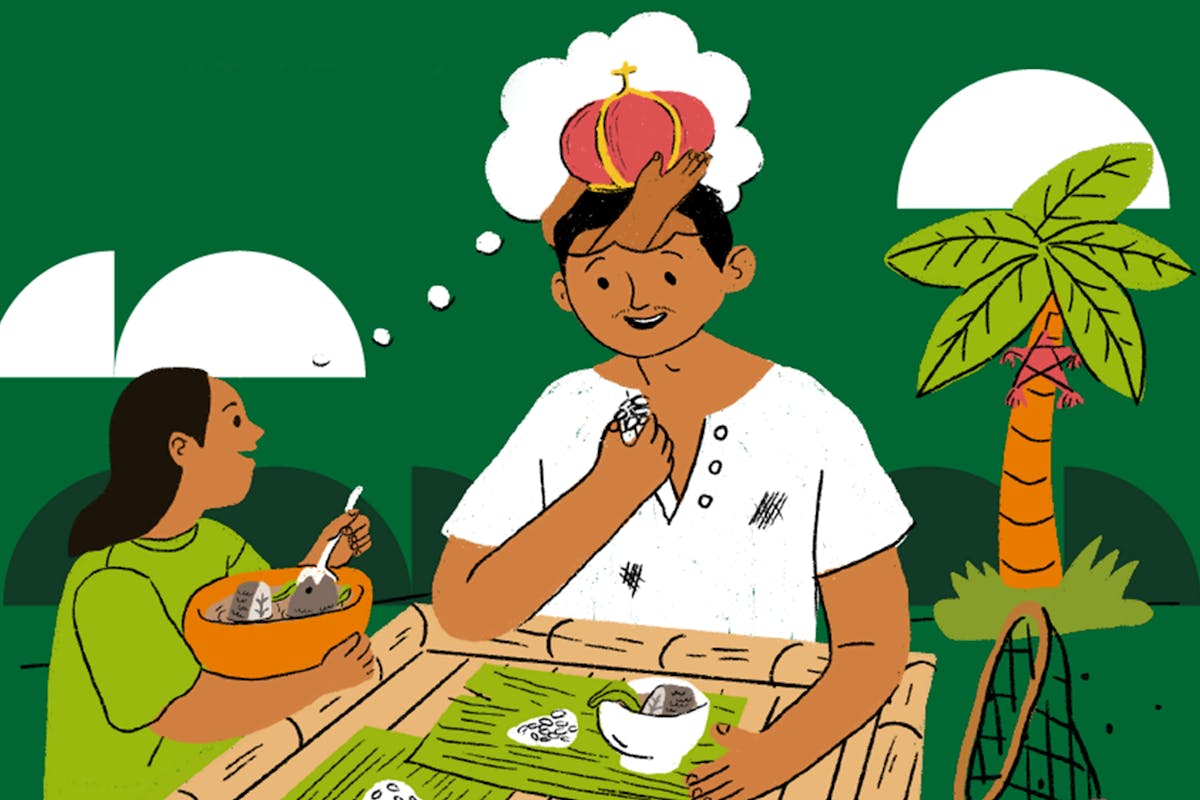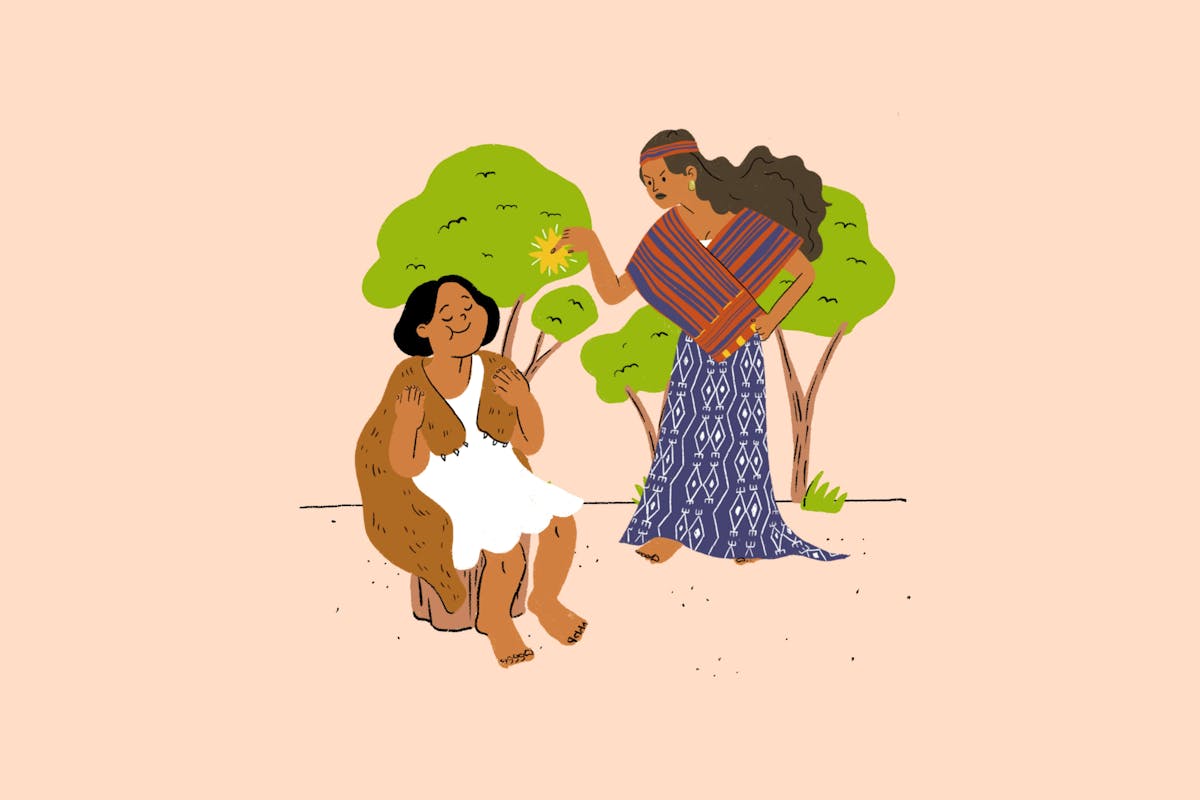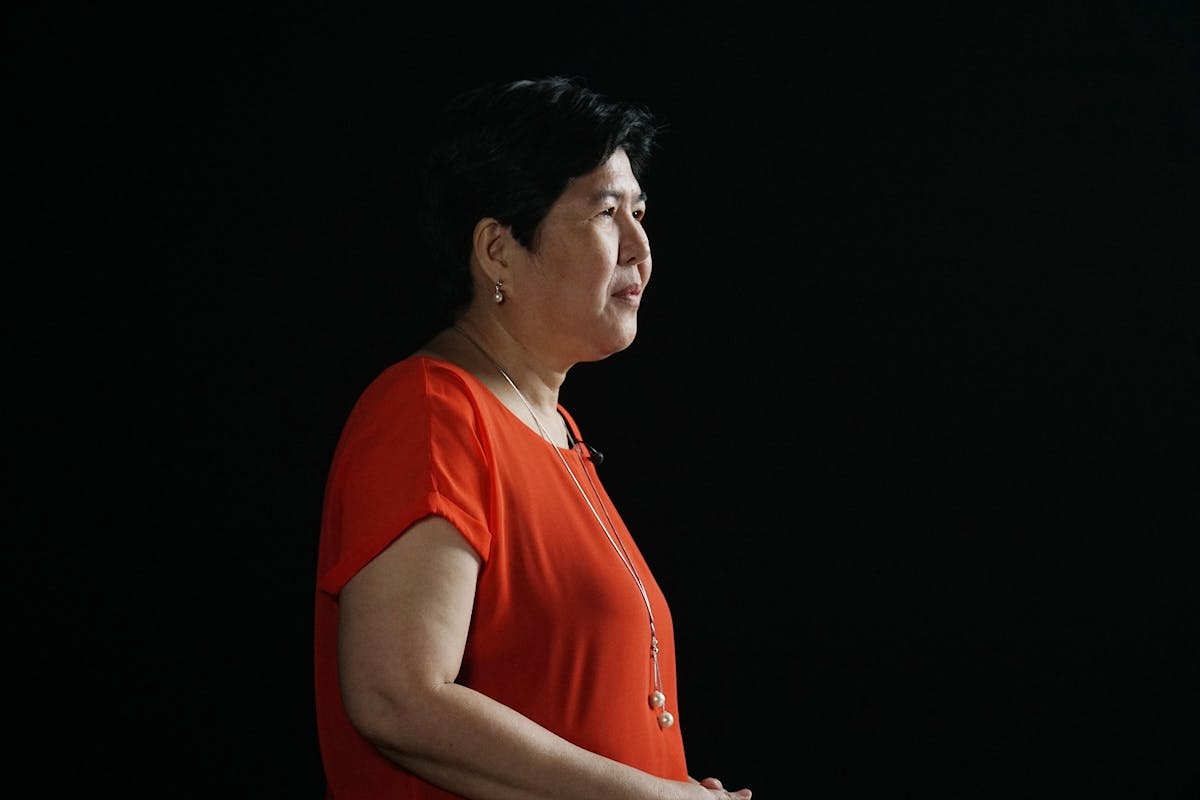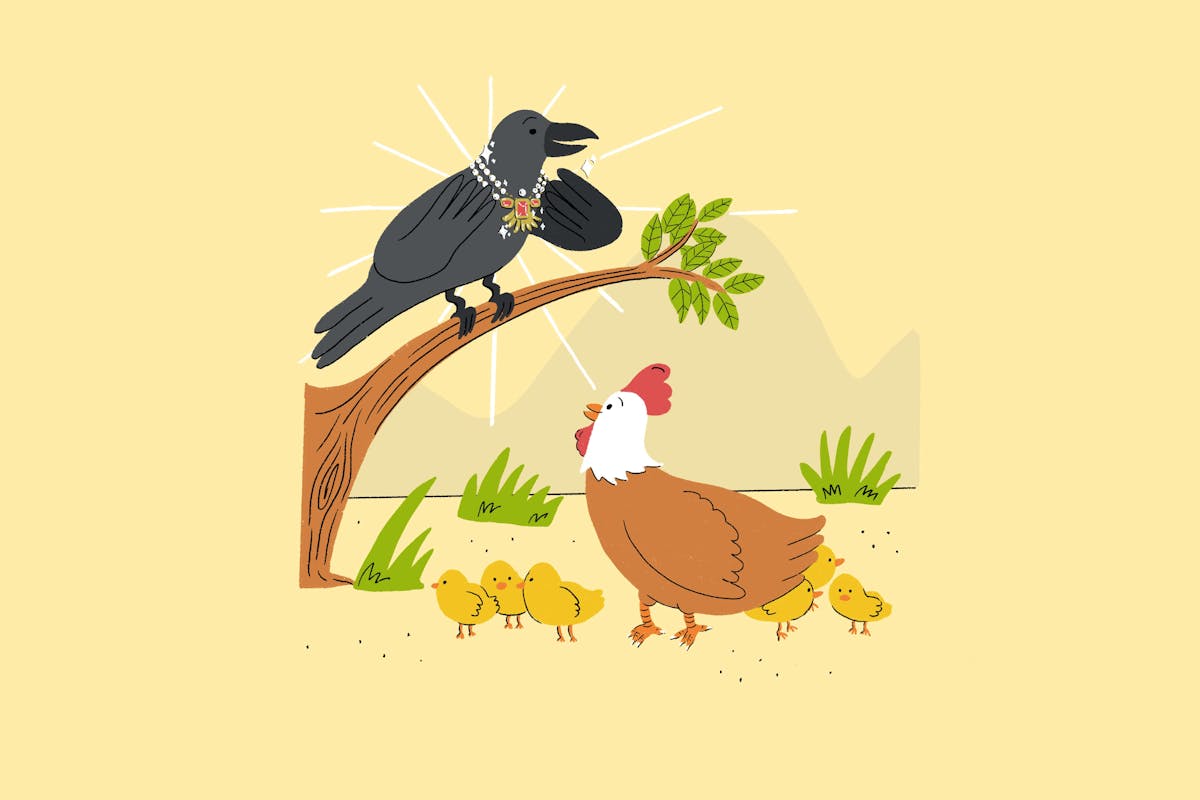
Our Way Forward
Arresting the Impact of COVID-19 on the PH Economy
The negative impact of the enhanced community quarantine (ECQ) will be substantial considering that significant segments of the economy are going to stop.
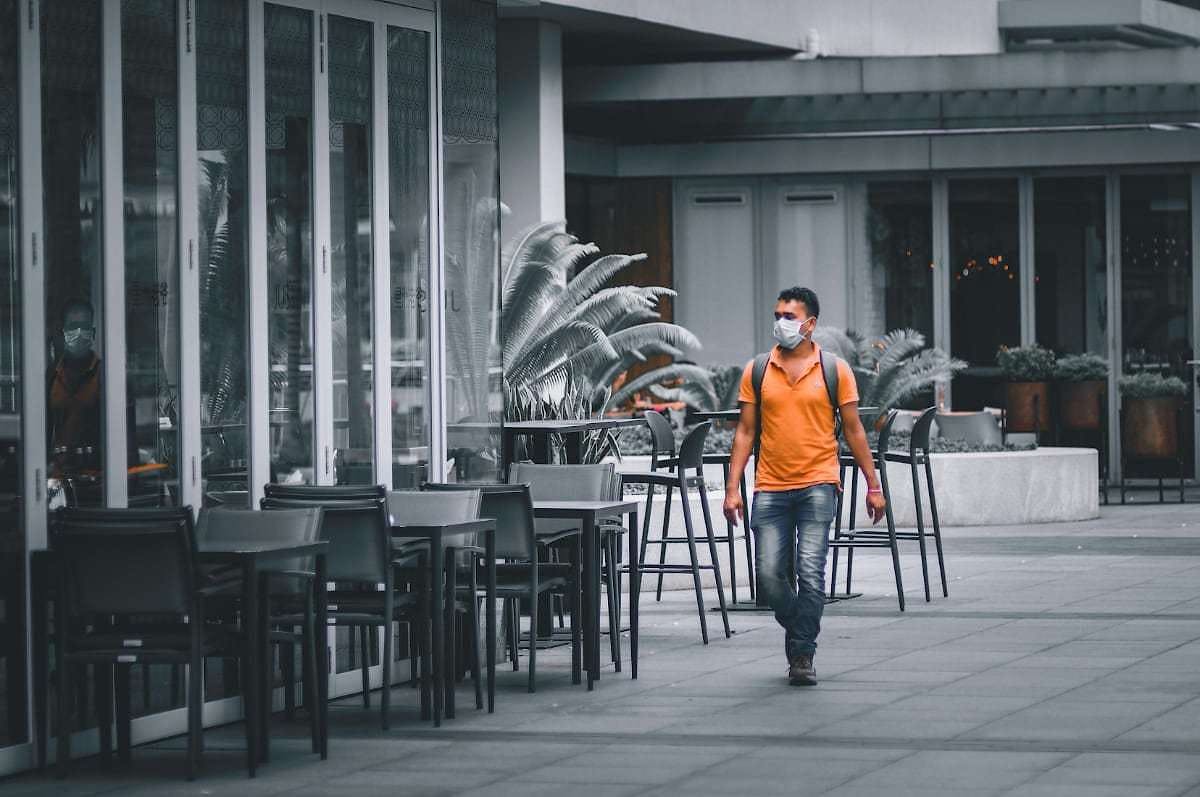
The negative impact of the enhanced community quarantine (ECQ) will be substantial considering that significant segments of the economy are going to stop. The stoppage will choke both supply and demand, because curtailing workers and work mean no income for many (thus, people are forced to use savings to maintain daily needs primarily food) and hampering production of food and services. This situation will lead to a severe decline in output. An economic recession for 2020 is not unimaginable. Social protection for many who have lost their income and have become very vulnerable to poverty and hunger is needed. Most importantly, our frontline health workers will need much funding to protect their lives and to keep critical health services available to both Covid and non-Covid patients.
In this scenario, government is the only organized institution that can ensure the critical availability of health and medical services and protect our healthworkers. It can provide massive social protection to those who are vulnerable to the sudden implementation of the enhanced community quarantine (ECQ). It can address the adverse economic and social impact of ECQ and eventually bring back economic and social activities to their normal state. Government should take the lead in protecting economic assets particularly our human resources, our capacities and our structures. Having said this, it can work with the private sector through coordination and partnership in ensuring delivery of critical health, social and economic services.
- ensuring adequate health/ medical services and full protection of our health workers,
- providing social protection to the vulnerable population, and
- addressing the economic and social costs of ECQ
Economic stimulus to induce economic growth is not useful at this stage of the pandemic. It is therefore clear that the Philippine government will need sufficient funds to do the stated tasks. According to the Department of Finance (DOF), we have enough resources to fund our 2020 budget, then what can be done is to reallocate and frontload significant portions of it to fund the above. In addition, there is still a large unused budget for 2019 with an unobligated P1.1 trillion and based on RA 11464, funds in 2019 are allowed to be used in 2020 hence this can also be reallocated to fund these tasks.
What needs to be done now are:
- Government to facilitate the large-scale procurement of personal protective equipment (PPE) for the frontline health workers, and initiate systems to protect our health workers from the virus in order to save lives and to ensure continuing and adequate supply of health and medical personnel to serve the many needy patients. Recognizing the shortage of PPEs worldwide, it should incentivize local clothes manufacturers to refocus production to PPEs.
- Government to ensure adequate testing kits, testing equipment, ventilators, life support, medical supplies and health infrastructure to accommodate the needs of critical patients. The government should provide additional funds to government hospitals, especially those critical in providing assistance to infected COVID patients. It can begin by appropriating P50 Mn for each DOH hospital (about 69 based on DOH website) or about P3.5Bn for PPEs and equipment as well as medicines.
- Government can partner with the private sector and find ways to collaborate in delivering health services. For instance, it can ask the private sector to contribute to a fund focused on funding hospital needs all over the country. Alternatively, a common fund for hospitals should be established where everybody can donate to buy medical needs, support health workers and other frontliners, among others. To the extent possible, ask each of the top 30 companies in the Philippines to contribute about P1Bn each (many of them earned at least P5Bn in 2019) – this could raise about P30Bn and private contributions.
- Government to request for more technical support from China based on their Hubei/Wuhan experience on the production of PPEs, health protocols, immediate development of critical health facilities on top of their international assistance in terms of PPEs, masks, and test kits.
- Government to take steps to include the Philippines in the on-going trials of potential coronavirus vaccines.
- Government to accelerate the funding of the Universal Health Care program so the poor and vulnerable would need not shell out-of-pocket expenses for diseases and other types of infection brought about by the coronavirus pandemic.
- Government to empower LGUs to undertake specific measures that will assist and support the economic and social activities in their communities.
- Provide income support by expanding the unconditional cash transfers (UCT), currently budgeted at P36.5Bn, by doubling it for those not part of the 4Ps, to address the needs of the vulnerable population hit by the pandemic and the ECQ
- Initiate and secure domestic production (including agriculture) processing (including food manufacturing), and distribution in close coordination and partnership with the private sector all over the country. Through a coordinated approach, it can call on the large food producers to work together to guarantee food supply throughout the year. This ensures that we avoid escalation of social unrest that will complicate the situation. It can subsidize this by allocating P50Bn (about 1⁄4 of annual agricultural output).
- In relation to this, government can ration food supplies in the immediate short-term to guarantee availability and access to sufficient food supply for everyone. The LGUs through the barangay units can assist in this endeavor by utilizing the quarantine pass in identifying target households. A weekly ration for a family of 5 should be the norm. Starting with the poorest quintile based on 2018 FIES, this is about 17,595,000 people. Assuming a budget of P5,000 per month per household x 4 months for 3,519,000 households, this is roughly P70Bn. This can be
- increased to cover more households based on succeeding income class. LGU can also coordinate and work closely with the food producers in their respective provinces to ensure continuous and adequate supply of food.
- Hire logistics and movers, particularly those motorcycle riders, taxis and TNVS to move food, medicines and frontline medical staff. Government should fund this initiative. About P10Bn is needed for this (based on the income of public transport workers per month)
- Defer income tax deadline further to July 31, 2020 and waive all penalties.
- Debt relief to SMEs, bank loans, housing mortgages and consumer loans by extending due dates without penalties up to July 2020.
- Provide tax credits to firms that continue pay staff even if the business is closed.
- Assume payment of utilities of up to P500 per household from March to June 2020 or P2,000 per household roughly P50Bn (this is based on the 2018 FIES that says there are 24,750,000 households in the country).
---
DISCLAIMER: The contents or opinions expressed in this brief are the author(s) sole responsibility and do not necessarily reflect the views of ADMU Economics Department and/or ACERD.

